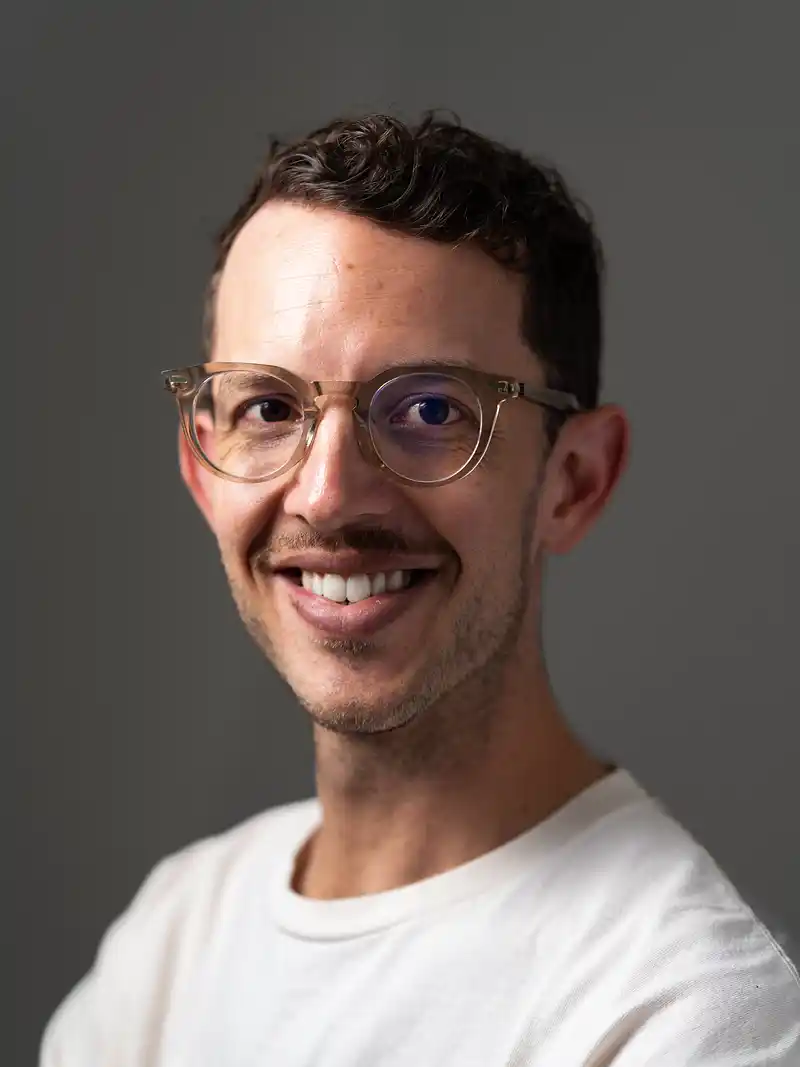Do you ever pause for a second when using the toilet?
Not to wonder about what TV show you should watch next, but to contemplate what daily life is like for those without access to hygienic bathroom facilities.
This is the subject of a new short film by Saigon-based filmmaker and photographer Morgan Ommer. Called Dignity, it portrays a typical day for a woman named Yen and her elderly aunt, Bo. The two live in a simple house in a lush part of Ben Tre Province and, until recently, used a ramshackle latrine set above a pond.
Now, they can use a clean, modern toilet thanks to the Women-led Output Based Aid program (WOBA), an initiative spearheaded by the East Meets West Foundation, the Australian Department for Foreign Affairs (DFAT), and the Vietnam Women's Union.

Yen and Bo's old latrine. Photo by Morgan Ommer.

Their new bathroom, built through the WOBA program. Photo by Morgan Ommer.
According to Hanh Nguyen, Vietnam Country Director of East Meets West, the foundation has worked with the Women's Union since 2010 to provide vital sanitation facilities to disadvantaged women across Vietnam.
"In total, 130,500 hygienic latrines have been constructed for low-income families and households with disadvantaged people," she shared. "We have mobilized financing for nearly 200,000 households with a total investment of more than VND400 billion, and provided information about sanitation and hygiene to more than 1.5 million people in 15 provinces in Vietnam. Through our journey, over 6,000 members of the Women's Union have strengthened their knowledge and influence in the water and sanitation sectors, as well as in rural development."
For those living in Vietnam's developed cities, life without a modern bathroom can be hard to fathom. Yet, according to Hanh, in some remote, mountainous provinces, less than 50% of households have hygienic latrines. This can have massive health implications, particularly amid the pandemic.

Bo in her home. Image by Christopher Dinh.
"The lack of clean water and poor sanitation could lead to high diarrhea rates, gynecologic [diseases] and [parasitic] infections, and the COVID-19 virus spreading," Hanh said. "In addition, proper sanitation can reduce environmental pollution, improve living conditions, ensure safety and dignity for women, elderly, children, and people with disabilities."
While this is a national problem, Ommer's seven-minute film takes a very small-scale look at the issue. In most scenes, the camera sits stationary as Yen and Bo, who has a prosthetic leg and trouble seeing, go about their daily routine: Yen goes to the local market and sets up a spot selling peanuts and corn on the roadside, while Bo stays at home and listens to the TV.
Their relationship is tender, and some may consider the location bucolic, but the film doesn't hide the fact that life can be difficult. There is humor here as well though, for example when Bo jokes that she is tired of eating of rice when asked what she wants for lunch.
According to Ommer, the duo was a delight to film: "We worked closely with Ms. Yen and her auntie Bo on telling their own story. We thought it was important to important to hear the story directly from them, and Yen wrote her own voice-over. That was recorded on location, which was difficult, but not because either of them were nervous, but because of the noise of passing motorbikes, barking dogs, singing chickens or the neighbor's powerful karaoke machines. Both Yen and Bo were naturals."

Yen on her way to town. Image by Christopher Dinh.
Hanh explained that reaching households such as the one portrayed in Dignity is key to ensuring safe hygiene for everyone: "The level of understanding about [hygiene] and health is increasing among rural people, which leads to higher demand for hygienic latrines. But disadvantaged families are often left behind because they lack information about sanitation suppliers and latrine options which are affordable and suitable to their needs. That's why our program focuses on those households."
Dignity, which has been released in time for World Toilet Day on November 19, is the first of three films focused on the WOBA program, with one each to also be filmed in Laos and Cambodia.
"The common thread in the series is the Mekong Delta, as well as women-led initiative and empowerment," Ommer said. "Our main characters in all three films are women."
Check out the story of Yen and Bo below:
















